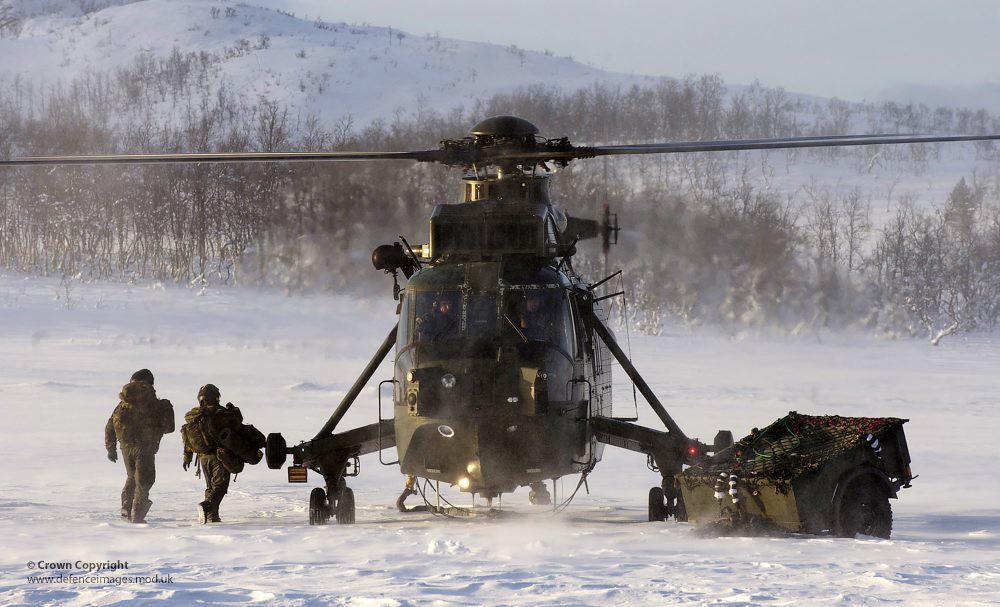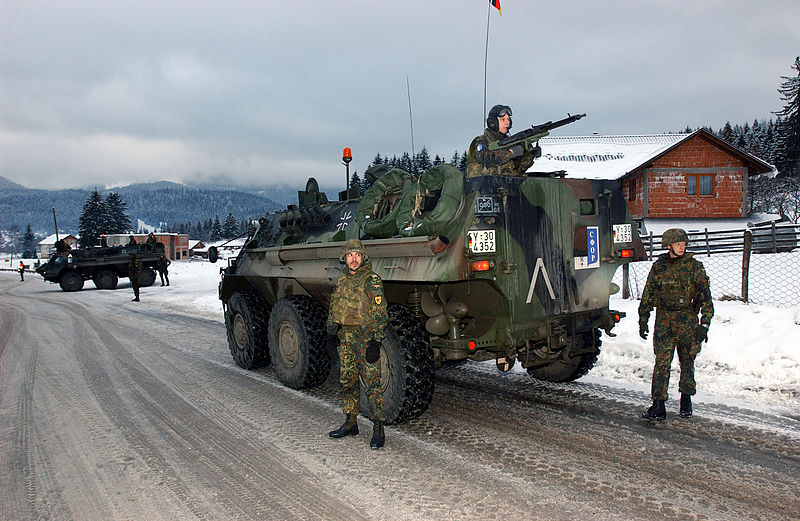
HONG KONG – At a time when China’s territorial assertiveness has strained its ties with many countries in the region, and its once-tight hold on Myanmar has weakened, its deteriorating relationship with North Korea, once its vassal, renders it a power with no real allies. The question now is whether the United States and other powers can use this development to create a diplomatic opening to North Korea that could help transform northeast Asia’s fraught geopolitics.
China’s ties with Myanmar began to deteriorate in late 2011, when Myanmar decided to suspend work on its largest and most controversial Chinese-aided project: the $3.6 billion Myitsone Dam, located at the headwaters of the Irrawaddy River. The decision shocked China, which had been treating Myanmar as a client state – one where it retains significant interests, despite today’s rift.



